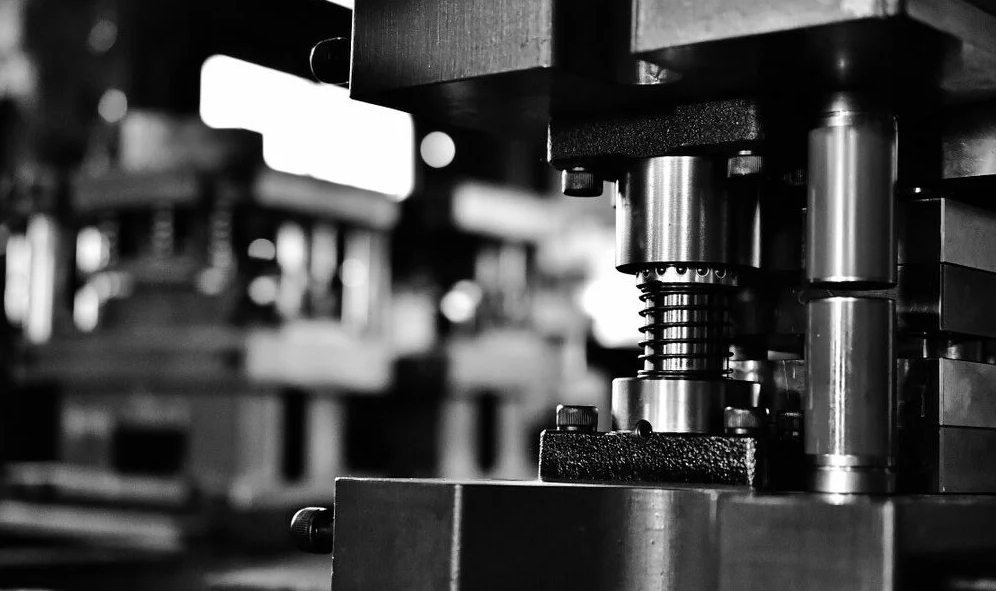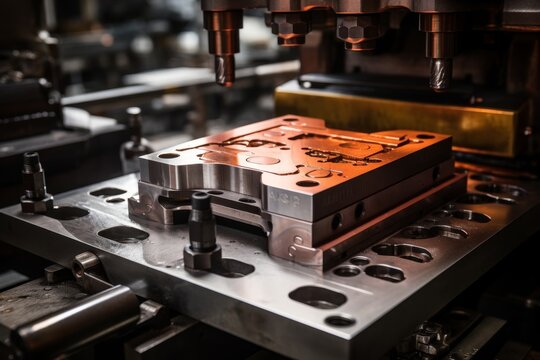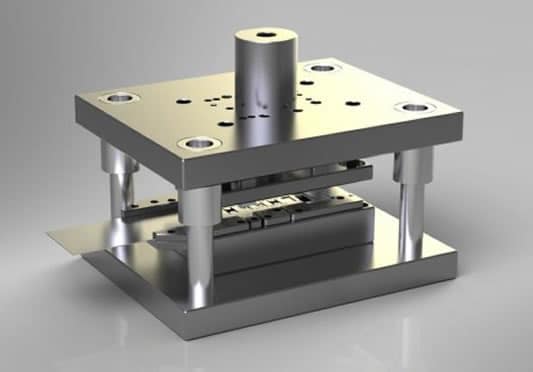Electric vehicle (EV) manufacturing depends on precision and efficiency. To meet growing demand, automakers rely on advanced stamping methods. Among them, progressive die technology has become essential. It allows complex parts to be produced at scale, while maintaining the accuracy required for electric vehicle components.
Meeting EV Demand with Precision
EV production continues to rise globally, and the supply chain must keep pace. Automakers face pressure to manufacture battery housings, motor cores, and lightweight structural components at scale. Progressive die technology provides consistent part accuracy across thousands of cycles. This repeatability ensures that every component meets tight design tolerances. As a result, EV manufacturers can reduce waste, improve quality, and avoid costly rework through the use of a progressive die.
Efficiency Across Mass Production
EV factories operate under strict timelines. Each second saved per cycle adds up to significant output gains. Progressive dies allow multiple forming steps, such as cutting, bending, and coining, to occur in one continuous press stroke. This integration minimizes downtime between processes. It also reduces manual handling, which improves worker safety. By streamlining production, progressive die enables manufacturers to meet large orders while maintaining consistent product quality.
Lightweight Components for Energy Savings
Lightweight materials directly influence EV performance and driving range. Automakers are increasingly using aluminum and advanced steels in vehicle structures. However, these materials require specialized forming techniques. Progressive die tools are designed to handle high-strength, lightweight alloys without sacrificing precision. The result is durable yet lighter vehicle parts. This supports energy efficiency while also meeting safety standards. Without a progressive die, shaping these materials into consistent parts at scale would be far more difficult.

Supporting Battery and Motor Assembly
The heart of every EV lies in its battery pack and electric motor. These assemblies contain hundreds of stamped components that must fit together with extreme accuracy. Progressive die ensures precision in items such as battery terminals, busbars, and motor laminations. A single defect could reduce performance or cause costly downtime. Therefore, manufacturers depend on progressive dies to achieve reliability in parts that form the backbone of EV power systems.
Reducing Waste in EV Manufacturing
Sustainability is central to EV production, and reducing material waste is a key goal. Progressive dies technology maximizes sheet utilization, leaving minimal scrap after stamping. This efficiency not only lowers raw material costs but also reduces environmental impact. Automakers can improve their sustainability profile while maintaining profitability. Furthermore, less scrap means fewer recycling processes, lowering the total energy footprint. Progressive die supports both economic and ecological goals in EV manufacturing.
Integration with Automation Systems
Modern EV plants are heavily automated. Robots, conveyors, and inspection systems are all connected to ensure efficiency. Progressive dies integrate seamlessly with these systems. Automatic feeding of coil material, in-die sensors, and real-time monitoring improve consistency and reduce downtime. As EV demand continues to expand, this integration allows manufacturers to scale without sacrificing quality. Progressive die, therefore, fits perfectly into the smart factory environments shaping the future of automotive production.
Lower Costs Through Long Tool Life
The EV industry requires competitive pricing to attract more consumers. Reducing production costs is essential. Progressive die tools are built for durability and long service life. With proper maintenance, they can run millions of cycles before requiring replacement. This longevity reduces tooling costs and production interruptions. It also ensures predictable expenses for manufacturers. Lower costs combined with high output help automakers remain competitive in the rapidly growing EV market. Progressive die proves cost-effective over time.
The Role of Progressive Die in EV Production
Electric vehicles are transforming transportation. To keep up, automakers must use technologies that support high output, consistent quality, and sustainability. Progressive die technology delivers on all these fronts. It enables mass production of lightweight, precise, and durable components while keeping costs under control.